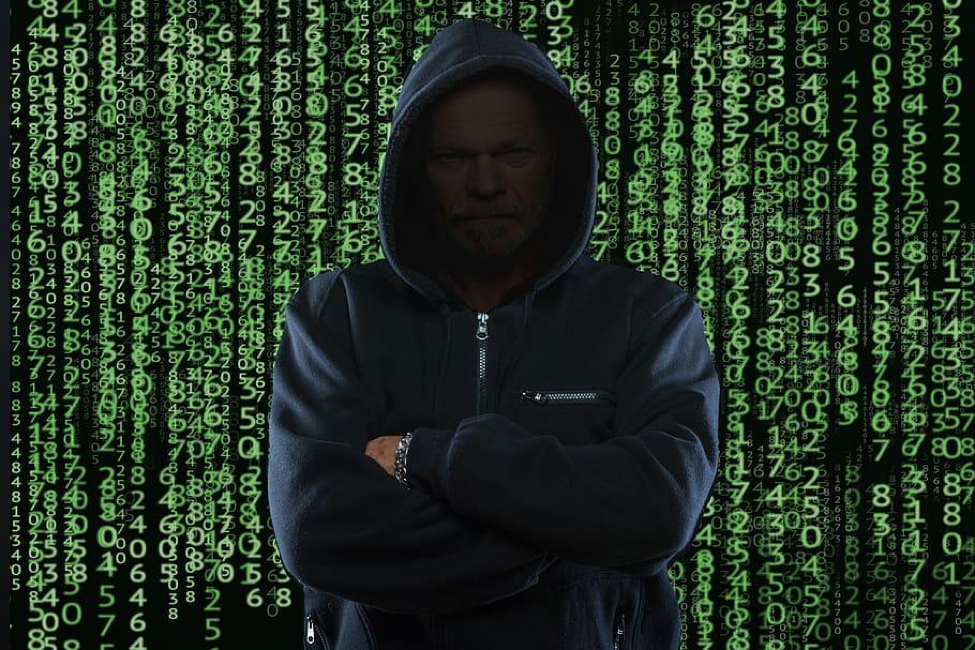Breaches don’t always lead to identity theft. But if your data has been exposed, you may be more vulnerable to fraud now and in the future. Once your data is out there, it may be easier for criminals to use your personal information to open accounts, make purchases, or file taxes.
That’s why you must take a few simple security steps after a breach, like changing your password or freezing your credit. Here are proactive steps that you can take to protect yourself.
Change your passwords
It’s a good idea to change your passwords regularly. Change them to something strong, safe, and unique. And you should have more than one “password”. Use a different one for each of your online accounts.
Using the same password for all your accounts is a no-go zone. In India, like the rest of the world, the password is the most used, closely followed by password12345. Regardless of whether you’re using social media, or even playing on live casino dealer sites, it should be avoided. But for the latter, there’s no need to input any sensitive data. The platform helps Indian players find the safest sites that offer the biggest welcome bonuses and writes unbiased reviews of each operator. They have experts ensuring that each live casino features modern encryption technologies to protect players’ data at all times. With this, users can feel secure in the knowledge that they are playing on trustworthy websites.
Reports also show that users with weak passwords get easily hacked. Hence, making a different and strong password for every account is the most reliable way to avoid cyber-attacks.
A “strong” password should be at least 8 characters long and contain a combination of letters, symbols, and numbers.
We know one can’t remember all those passwords. However, having them written down in a document or a note is an efficient way to manage them. Or you can add as many numbers or letters to your password. This method will make it more difficult for cybercriminals to steal your data. Alternatively, you can always use randomly generated passwords that are the hardest to hack.
A password manager can assist you in creating and remembering your passwords. Also, set up two-factor authentication (2FA) as it’s an extra layer of protection. It’s always best to remain safe than sorry, especially when you are dealing with your sensitive data.
Let relevant people know about your data leak
Someone obtaining your personal information might harm more than just your data. A cybercriminal, for example, can access your contacts if they gain access to your email account. This can give them access to their personal information, such as email addresses, postal addresses, phone numbers, birthdays, and other details.
In addition to targeting these individuals, hackers may use what they discover to mimic you to obtain money or data from your contacts. It is not always necessary to notify others about a data breach, although in some cases, it is a good idea.
Here are some of the people you might want to contact if your data is stolen:
- Your bank, so you can restrict cards and prevent fraudulent transactions.
- Family and friends whose information may have been stolen as well. You might also caution them to be wary of imposters.
- Your boss and coworkers if work data has been compromised.
- Website owners whose websites have been compromised. they may not even be aware that it has occurred.
- The police, if you suspect a data breach is extremely serious or sensitive data has been stolen.
Check for updates from the company
If your information is compromised in a big data breach, the organization involved will most likely provide periodic updates and notifications about the incident and the customers affected.
For example, following a recent Facebook data breach, the company automatically logged out individuals whose accounts were compromised and notified them via the platform about what had occurred and what to do next.
Monitor your credit reports
AnnualCreditReport.com allows you to examine your credit report for free once every 12 months. Examining your credit report might assist you in detecting any unexpected behavior, such as new accounts, new personal info, or inquiries.
Wrapping it up
Although you cannot prevent these events from occurring, you can maximize your odds of keeping your data secure. Just employ these tips to safeguard your online privacy. Don’t download files from unknown websites or attachments from unknown people.
These precautions will lessen the likelihood of you being infected with malware that steals your data. You can prevent data breaches from becoming much larger problems with the correct combination of precautions and awareness.
READ MORE: Samsung Galaxy A02
